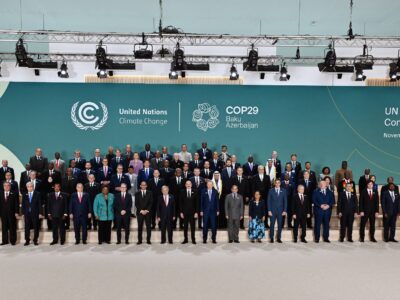Nabil Ruhaizat

Pok Rie/Pexels, October 24th, 2018
Facing growing pressure to align with international human rights standards, the Malaysian government faces calls to strengthen its draft business and human rights plan, as rights groups warn that without enforceable laws, corporate abuses against Indigenous communities will continue unchecked.
In a firm call for accountability, the Malaysian government has been challenged by a coalition of indigenous, environmental, and human rights organisations to strengthen its National Action Plan on Business and Human Rights with real grit. At the centre of their consent is Malaysia’s troubling history of unregulated corporate exploitation, particularly within territories of the indigenous. The coalition, compromising SAVE rivers, The Borneo Project, Human Rights Watch, and KERUAN, have warned that while the Malaysian government’s reform plans are ambitious, its reliance on the voluntary nature of corporate compliance poses a risk that renders it toothless without an enforceable structure.
The coalition urges Malaysia to overcome symbolic gestures and enshrine free, prior, and informed consent into federal law to effectively codify Indigenous communities’ rights over their ancestral lands. Malaysia has been called upon to ratify ILO convention 169, ensuring that federal territories like Sarawak have mandatory public consultation for environmental impact assessments and that it is upheld to a uniform standard.
Encouragingly, the draft plan also signals support for federal laws on freedom of information and the protection of whistleblowers. The coalition proposed the anti-SLAPP (Strategic Litigation Against Public Participation) bill to protect journalists and right defenders from trivial legal action to suppress free speech. This is a much-needed shift in a climate where journalists and defenders of the environment often face criminal defamation charges.
Figures like Jettie Word of the Borneo Project emphasise that “promising commitments have historically failed due to weak enforcement”. This sentiment is also echoed by Human Rights Watch’s Luciana Téllez Chávez, who called the Zero Draft a “positive step” despite stressing that only binding laws can deliver justice to communities confronting deforestation and displacement.
Collaboration across jurisdictional lines is vital in a country where the state governs land and forests, but the federal government controls industry. Without it, Malaysia risks creating an institutional status quo where unchecked exploitation is cloaked by greenwashing. At this critical point, Malaysia is asked to choose whether to perpetuate its pattern of voluntary commitments and symbolic gestures or take a bold, legislative step to protect its people and forests.
Sources and Further Readings:
Human Rights Watch (2025). Malaysia: New Business Plan Should Be Enforceable. [online] Human Rights Watch. Available at: https://www.hrw.org/news/2025/03/17/malaysia-new-business-plan-should-be-enforceable.







Comments